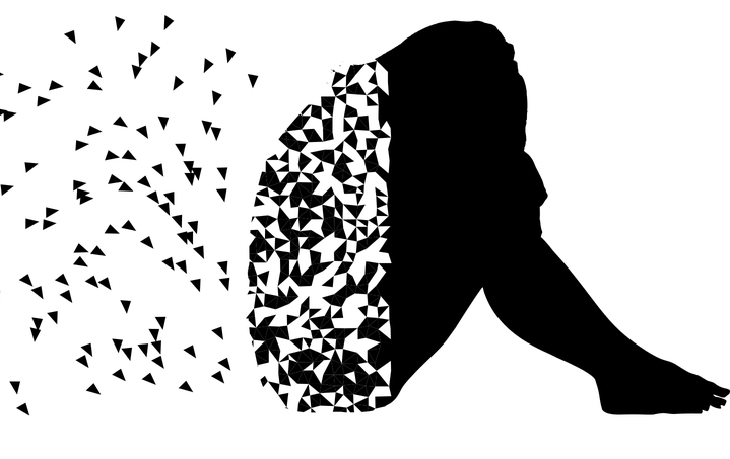In the realm of education, where every lesson is a brushstroke shaping the canvas of tomorrow, the mental well-being of teachers stands as a silent conductor orchestrating the symphony of learning.
Teaching, though profoundly rewarding, comes with its own set of challenges and stressors.
In this exploration, we traverse the essential landscape of mental health and counseling, unraveling how these elements contribute to the professional lives of educators and the essence of their being.
Coping with Life’s Stressors:
Teaching is akin to a carefully choreographed dance, where educators must gracefully navigate through the complex steps of life’s stressors.
The ability to cope effectively is not just a skill but a necessity. Through counseling, teachers can discover the transformative rhythm of the Avoid-Alter-Adapt-Accept technique, a dance of resilience that allows them to move gracefully through the challenges, emerging more assertive and more composed.
Fostering a Positive Self-Image:
In the classroom, confidence is contagious. A teacher’s positive self-image forms the melody that resonates with students, inspiring them to reach greater heights.
Playing the composer role, mental health empowers educators to build a positive self-image, allowing them to focus not on shortcomings but on strengths.
Teachers can fine-tune this melody in counseling, creating a harmonious environment where confidence thrives and students are uplifted.
Building Healthier Relationships:
Teaching is not a solo performance; it’s an ensemble where relationships weave the fabric of a supportive community.
Mental health serves as the glue, allowing teachers to provide family and friends with genuine moments of connection.
In counseling, educators can refine their instrumental skills, ensuring they show up for their loved ones with a presence that harmonizes with the symphony of life outside the classroom.
Enhancing Productivity:
In the bustling world of academia, productivity is the crescendo that defines success. Mental health becomes the conductor guiding teachers through the intricacies of their profession.
Through counseling, educators can learn the art of efficient time management, the skillful play of resilience, and the creation of a work environment where productivity becomes not a task but a natural expression of a well-nurtured mind.
Elevating Quality of Life:
A teacher’s life extends beyond the classroom, and the culmination of their quality of life reverberates far and wide.
Thriving mental well-being allows educators to participate actively in community activities, creating a conclusion of fulfillment that extends beyond professional accomplishments. Counseling becomes the platform for teachers to compose the final notes of a symphony encompassing all aspects of their lives.
As we advocate for the holistic development of our students, let us remember that the well-being of educators is not a solo note but an ongoing symphony, enriching the lives of those within and beyond the classroom.
Related Content: The Focus On Brain Health In Addressing Mental Health Issues










